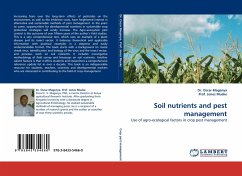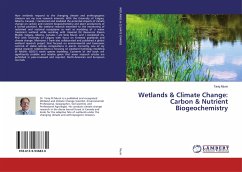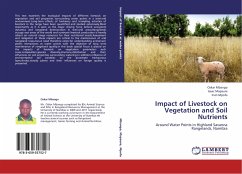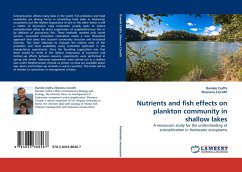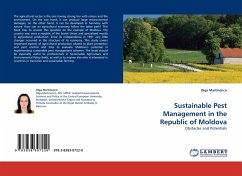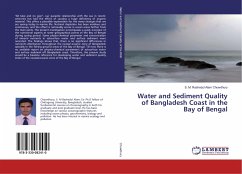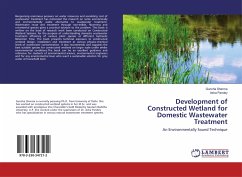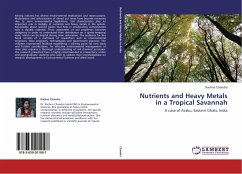Increasing fears over the long-term effects of pesticides on the environment, as well as the inhibitive costs, have heightened interest in alternative and sustainable methods of pest management. In the years to come, opportunities for developmental scientists in sustainable crop protection strategies will surely increase. The Agro-ecosystem pest control is the outcome of over fifteen years of the author's field studies. This is a very comprehensive text, which uses an example of a plant disease and its insect vector. It balances theoretical and applicable information with practical examples in a stepwise and easily understandable format. The book starts with a background on maize streak virus, identification and biology of the virus and the insect vector, and previous work on soil nutrients. It includes investigative methodology of field survey and bioassays on soil nutrients. Another salient feature is that it offers students and researchers a comprehensive reference update listin over a decade. This book is an indispensable resource for students, teachers, scientists and developmental workers who are interested in contributing to the field of crop management.
Bitte wählen Sie Ihr Anliegen aus.
Rechnungen
Retourenschein anfordern
Bestellstatus
Storno

